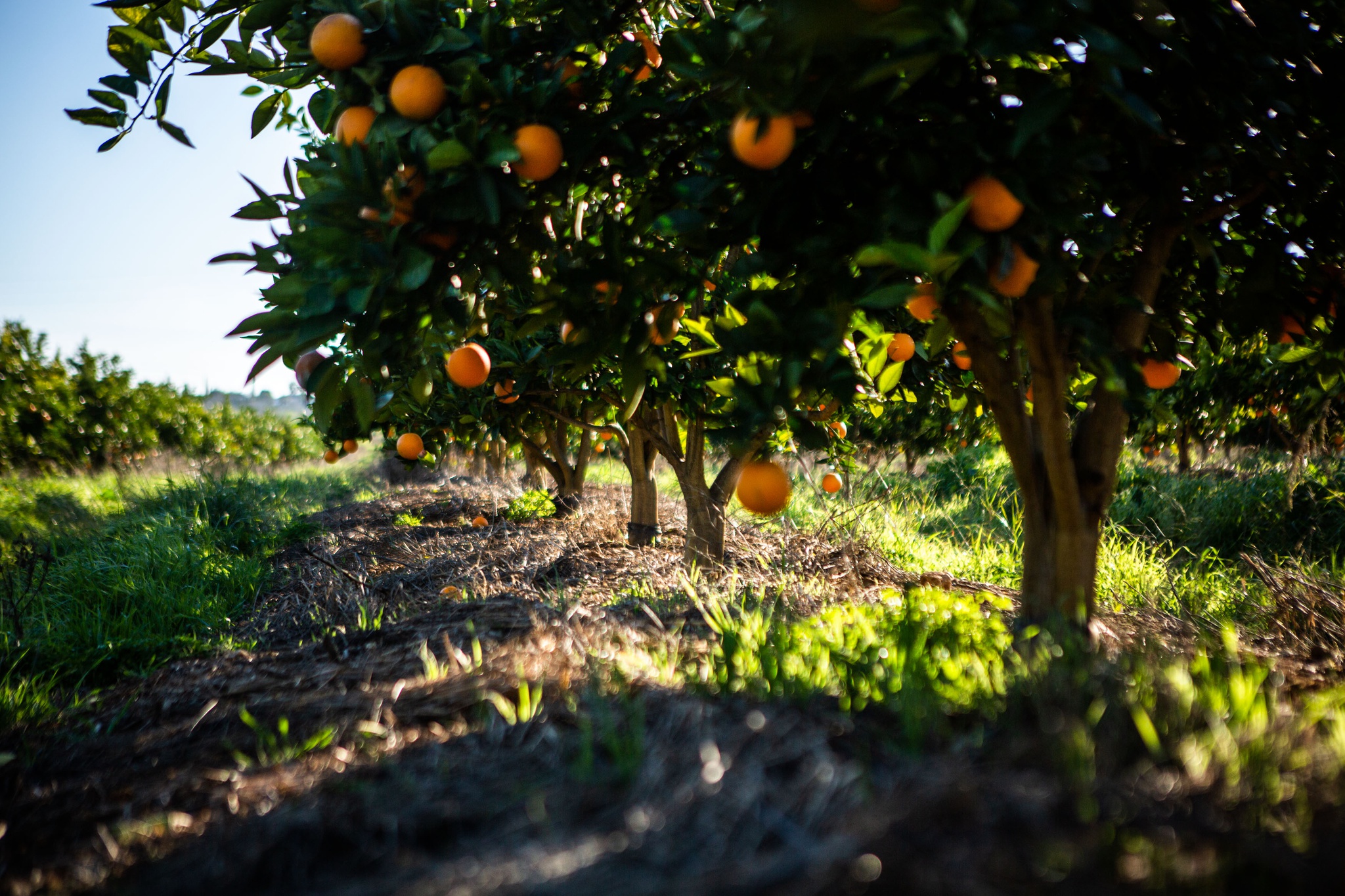In 2023, the United Nations underscored the significance of water as a common good rather than a mere commodity. Secretary-General António Guterres highlighted the unsustainable consumption patterns that have led to a steady increase in water usage, posing challenges to water stewardship worldwide. In Portugal, this issue is also pressing as the water holds immense significance amidst increasing demands from various sectors.
In Algarve, a region renowned for its beauty and Mediterranean climate, water consumption reflects the delicate balance between economic development and environmental preservation. Among the contenders for the title of the biggest water consumer, the golf industry stands out prominently due to its intensive water usage for maintaining lush landscapes that attract tourists from around the globe.
Golf tourism has become a pillar of the region’s economy, contributing significantly to revenue while imposing a considerable strain on water resources. The extensive irrigation required to uphold manicured greens can surpass the water demand of other sectors, making golf courses a significant water consumer in Algarve.

Despite efforts to adopt water-efficient technologies and management practices, the overall water consumption by golf courses remains a concern amidst recurring water scarcity challenges. However, it’s vital to recognize that other sectors, including agriculture and construction, also contribute substantially to water usage in the region.
Agriculture, a cornerstone of Algarve’s economy, consumes significant water resources for cultivating crops such as citrus fruits, almonds, and olives. While the sector has embraced water-efficient methods, it still accounts for a substantial portion of water usage. Likewise, construction activities catering to the growing tourism industry exert pressure on water resources, from site preparation to landscaping.

Moreover, residential and commercial sectors, including hotels and restaurants, contribute to water consumption through daily activities, albeit to a lesser extent. Understanding the distribution of water usage across sectors is crucial for devising effective water management strategies tailored to Algarve’s unique challenges.
1. Golf Courses: Approximately 40-50% of water consumption.
2. Agriculture: Around 30-40% of water usage.
3. Construction: Approximately 10-20% of water consumption.
4. Residential and Commercial: Approximately 5-10% of water usage.
Assigning precise percentages to each sector’s water consumption can be challenging due to various factors, including irrigation practices and technological advancements. However, approximate estimates suggest that golf courses and agriculture rank among the top water consumers, highlighting the need for sustainable practices across all sectors.
1. Golf Courses: Approximately 40-50% of water consumption.
2. Agriculture: Around 30-40% of water usage.
3. Construction: Approximately 10-20% of water consumption.
4. Residential and Commercial: Approximately 5-10% of water usage.
In addition to addressing sector-specific challenges, attention must be directed towards infrastructure issues, particularly leaking pipes, which contribute to significant water losses along the supply chain. Investing in infrastructure upgrades, maintenance programs, and leak detection technologies is essential for conserving water resources and ensuring reliable water supply for the region.
At Core, we advocate for a holistic approach to water conservation, encompassing sustainable pool construction, greywater reuse, rainwater harvesting, and indigenous garden cultivation. Our commitment to responsible water usage aligns with the broader goal of promoting environmental stewardship and ensuring the long-term sustainability of water resources in Algarve.
By prioritizing water efficiency and embracing innovative solutions, Algarve can navigate the complex nexus of economic development and environmental preservation, ensuring a prosperous future for generations to come.
Together, we can safeguard water as a precious common good, preserving its abundance for the benefit of all.




